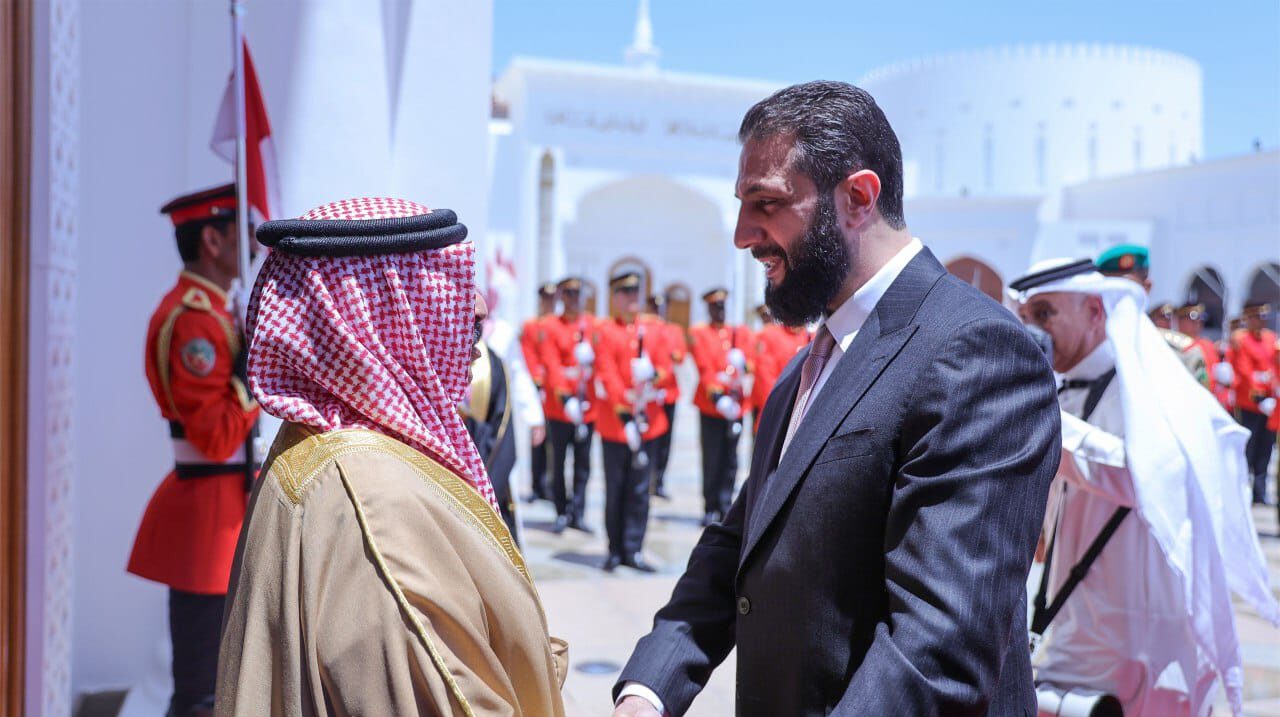Syria’s al-Sharaa Visits Bahrain in Push for Gulf Reengagement
Syrian President Ahmed al-Sharaa’s weekend visit to Bahrain marks another calculated step in Damascus’s effort to rejoin the Arab diplomatic fold, reports Rizik Alabi for The Media Line. Welcomed in Manama by senior Bahraini officials, al-Sharaa’s visit is part of a wider Gulf tour that includes stops in Saudi Arabia, the United Arab Emirates, Qatar, and Jordan—countries that previously pushed for Syria’s regional isolation under former President Bashar Assad.
While Bahrain plays a smaller political role than its Gulf neighbors, its early diplomatic re-engagement with Damascus and alignment with Saudi-Emirati interests make the visit symbolically meaningful. Al-Sharaa’s trip reflects a broader Syrian strategy to pursue regional normalization and economic reintegration, particularly as the country grapples with post-war reconstruction and internal hardship.
Give the gift of hope
We practice what we preach:
accurate, fearless journalism. But we can't do it alone.
- On the ground in Gaza, Syria, Israel, Egypt, Pakistan, and more
- Our program trained more than 100 journalists
- Calling out fake news and reporting real facts
- On the ground in Gaza, Syria, Israel, Egypt, Pakistan, and more
- Our program trained more than 100 journalists
- Calling out fake news and reporting real facts
Join us.
Support The Media Line. Save democracy.


Alabi writes that al-Sharaa’s foreign policy shift also includes engagement with Europe. His recent meeting with French President Emmanuel Macron raised speculation over a possible easing of EU sanctions, though no commitments have yet been made.
Political analyst Nidal Abdullah told The Media Line the visit serves “a dual message: on one hand, it affirms the Gulf’s growing openness to the new Syria, and on the other, it reflects Damascus’s effort to expand its regional support base in light of slow international responsiveness.”
With Gulf Cooperation Council members discussing ties with Iran, Syria may even position itself as a bridge between rival powers. Whether these moves lead to lasting policy changes or remain symbolic, al-Sharaa’s diplomacy suggests Syria is seeking a fresh chapter in regional affairs.
To understand the full context and political implications, read Rizik Alabi’s full article at The Media Line.

